Environmental threats can spark profitable ventures, Ugandan youth told
During a five-day boot camp (September 4–7, 2025) hosted by SOS Children’s Villages Eco Champions Project at Namugongo–Kyoto Retreat Centre, participants learned to transform floods, droughts, and plastic pollution into sustainable business opportunities—all while healing the planet.
Echo Champions youths during a the boot camp in Namugongo. (Photo by Maria Wamala)
By Maria Wamala
Journalists @New Vision
___________________
Amid Uganda’s escalating climate crises, vulnerable young people from six high-risk districts are discovering a powerful truth: Environmental threats can spark profitable ventures.
During a five-day boot camp (September 4–7, 2025) hosted by SOS Children’s Villages Eco Champions Project at Namugongo–Kyoto Retreat Centre, participants learned to transform floods, droughts, and plastic pollution into sustainable business opportunities—all while healing the planet.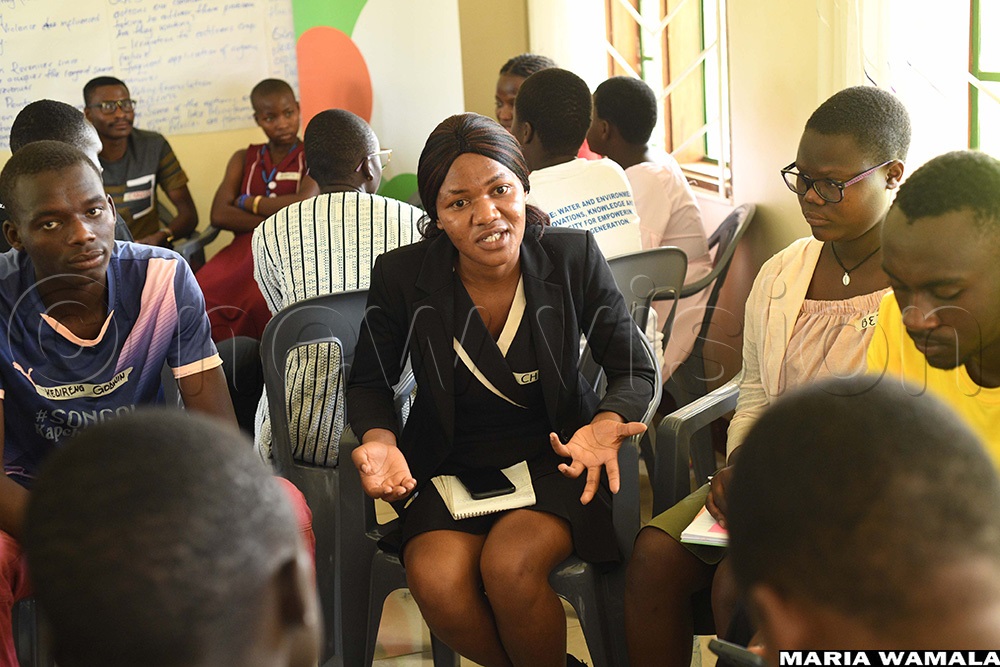
Echo Champions youths during a the boot camp in Namugongo. (Photo by Maria Wamala)
Beatrice Akello, the national co-ordinator for SOS Uganda’s Eco Champions Programme, framed the initiative as an urgent investment in tomorrow’s leaders:
"Youth and children are the most affected by climate change—they’ll live in its future. We empower them to find their own solutions, speak up to leaders, and drive policy change. But it’s not just activism: they develop social enterprises that earn income while conserving the environment."
The programme targets vulnerable youth aged 8–25, equipping them with skills in green entrepreneurship, climate policy, and public speaking.
Akello emphasised its dual mission:
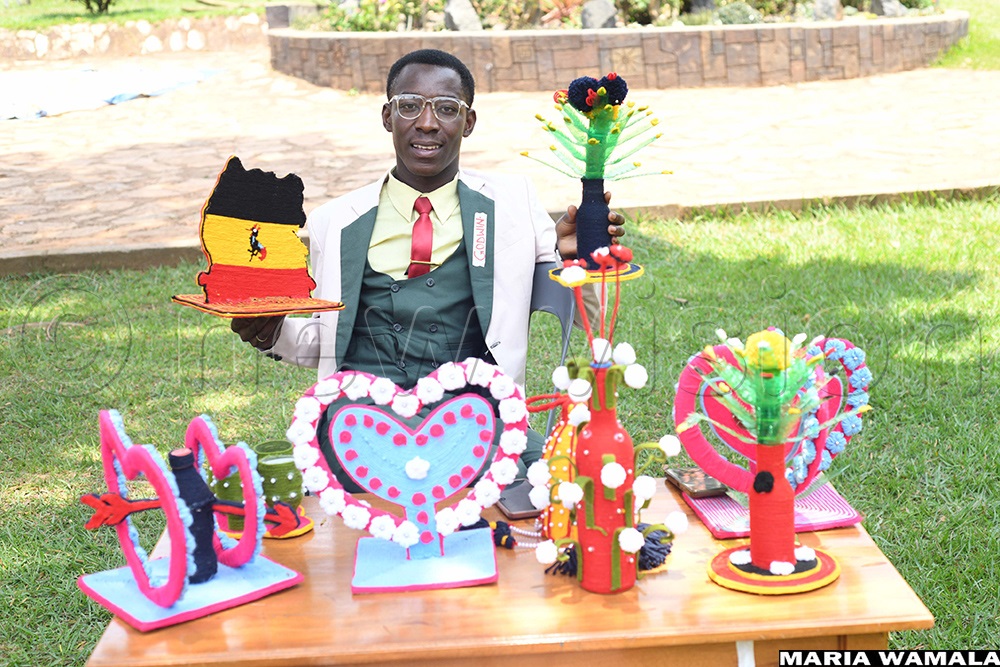
Godwin Kule, 24-years old Echo Champion from Fort Portal.(Photo by Maria Wamala)
"We don’t just teach climate action; we mentor them to pitch projects, navigate national negotiation platforms, and turn environmental challenges into community-led businesses."
Facilitator Benadette Ojao crystallised the methodology, saying, "First, youth map problems in their communities—drought, floods, food insecurity. Then, we help them design solutions that mitigate these challenges AND become viable businesses. With Uganda’s youth unemployment crisis, this energy focused on climate action can build a sustainable future."
Youth-led innovations
Kirabo Eva, an Eco Champion from Entebbe’s fishing communities, transformed plastic pollution into light:
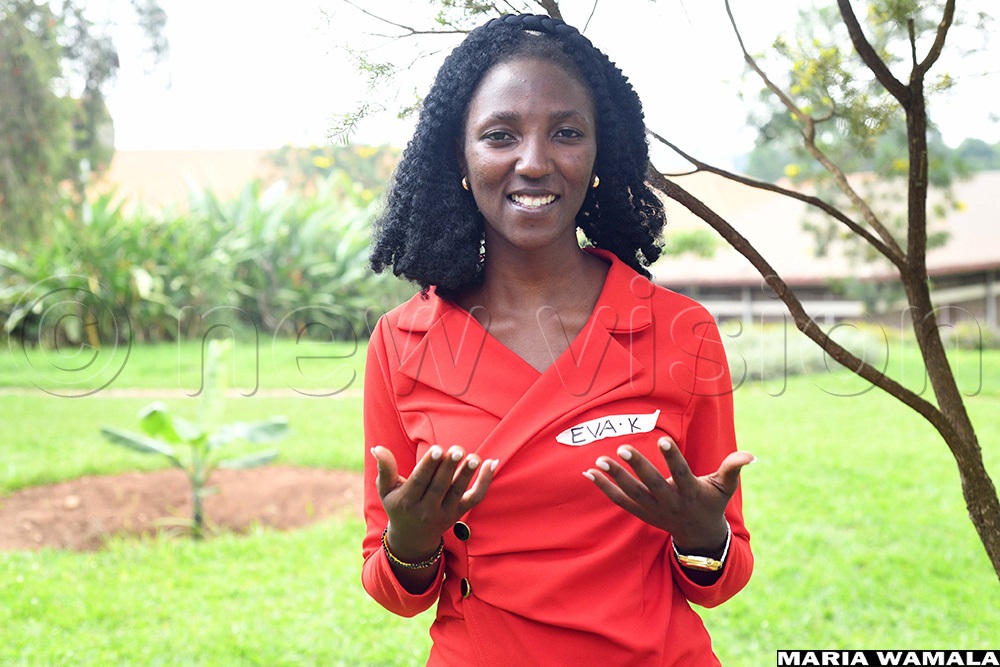
Kirabo Eva is an Echo Champion who recycles plastic bags into a solar light plastic bag. (Photo by Maria Wamala)
"At landing sites, plastic litters everywhere—fishermen eat, drink, and leave it. Rain sweeps it into the lake. Uganda produces 600 tons of plastic daily, but only 3% gets recycled. I started making solar lights from plastic bags, solving waste management AND bringing clean energy to rural students. This training taught me customer care: how to keep clients returning and referring others."
Kule Godwin, 24, turned agricultural despair into opportunity after plastic-choked soil ruined his family’s crops:
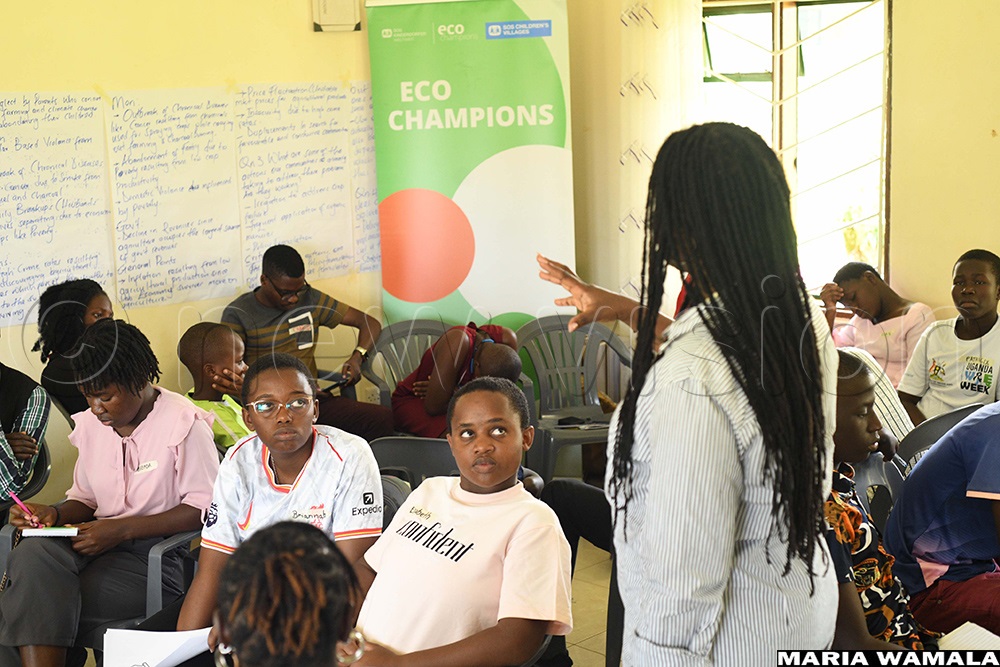
"Plastics killed our soil fertility, slashing harvests and my school fees. I began recycling plastic into flowers, earned money for a shoe boutique, and used those profits to return to school for agriculture—a field tied to environmental conservation. Droughts and floods block farmers’ roads and markets, but practical solutions like recycling can break this cycle."
He urged peers to prioritise action, "Don’t chase theoretical courses. Pursue practical skills that protect our environment. Even in school, start projects. I recycled plastics, funded my education, and now champion climate action."
Why this matters
With Uganda’s youth population booming amid intensifying climate disasters, the boot camp’s approach offers a blueprint for resilience. Akello stressed that vulnerable communities aren’t just victims—they’re innovators:
"These youths don’t wait for handouts. They create solar lights from trash, turn plastic into profits, and demand climate justice. Their businesses prove that saving the environment and earning a livelihood aren’t mutually exclusive."
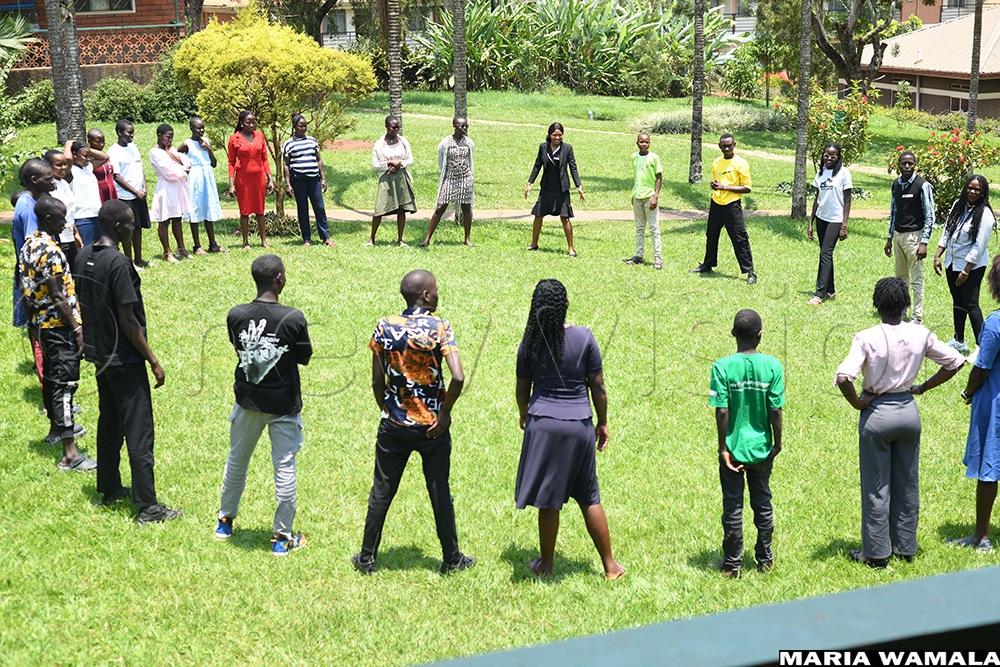
Echo Champions youths during the boot camp in Namugongo. (Photo by Maria Wamala)
As Kirabo’s solar lights illuminate rural study sessions and Kule’s recycled flowers fund education, their stories defy despair. For a nation where droughts disrupt farming and floods isolate villages, these young entrepreneurs demonstrate that the path to survival lies in ingenuity—not aid.
The message is clear: Climate challenges aren’t dead ends. They’re launchpads. And Uganda’s youth are already building the runway.
